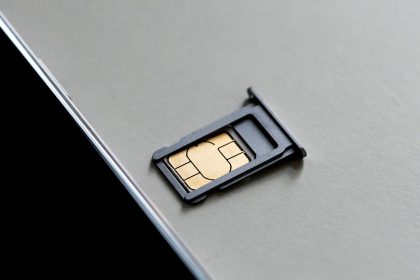Ghana’s Ministry of Foreign Affairs and Regional Integration has unveiled plans to transition from biometric passports to advanced chip-embedded travel documents.
The move underscores the country’s commitment to enhancing security, efficiency, and compliance with international standards.
Why it matters
- The new passports, featuring embedded microprocessors, will store biometric and photo data, bolstering security and preventing fraud.
- The initiative aligns Ghana with International Civil Aviation Organization (ICAO) regulations and global biometric identification standards.
What they’re saying
- Sector Minister Shirley Ayorkor Botchwey described the project as a “major milestone” in Ghana’s digitization journey, saying: “As the gateway to Africa, Ghana must remain at the forefront of growth and development by implementing novel technological advancements in security documents.”
Key features
- Enhanced anti-fraud measures, including latent and patent security indicators.
- Streamlined passport application and delivery processes, with an integrated online system to improve efficiency.
- Infrastructure upgrades at Passport Application Centres (PACs) and Ghana’s Missions abroad.
How it works
- The chip-embedded passport project, initiated in 2016, is being implemented through a Build, Operate, and Transfer (BOT) arrangement with Biometric Travel Solutions Limited, a private Ghanaian firm.
- The rollout aims to reduce passport issuance times and curb illegal activities like extortion and exploitation by middlemen, often referred to as “Goro boys.”
Source: My Joy Online










